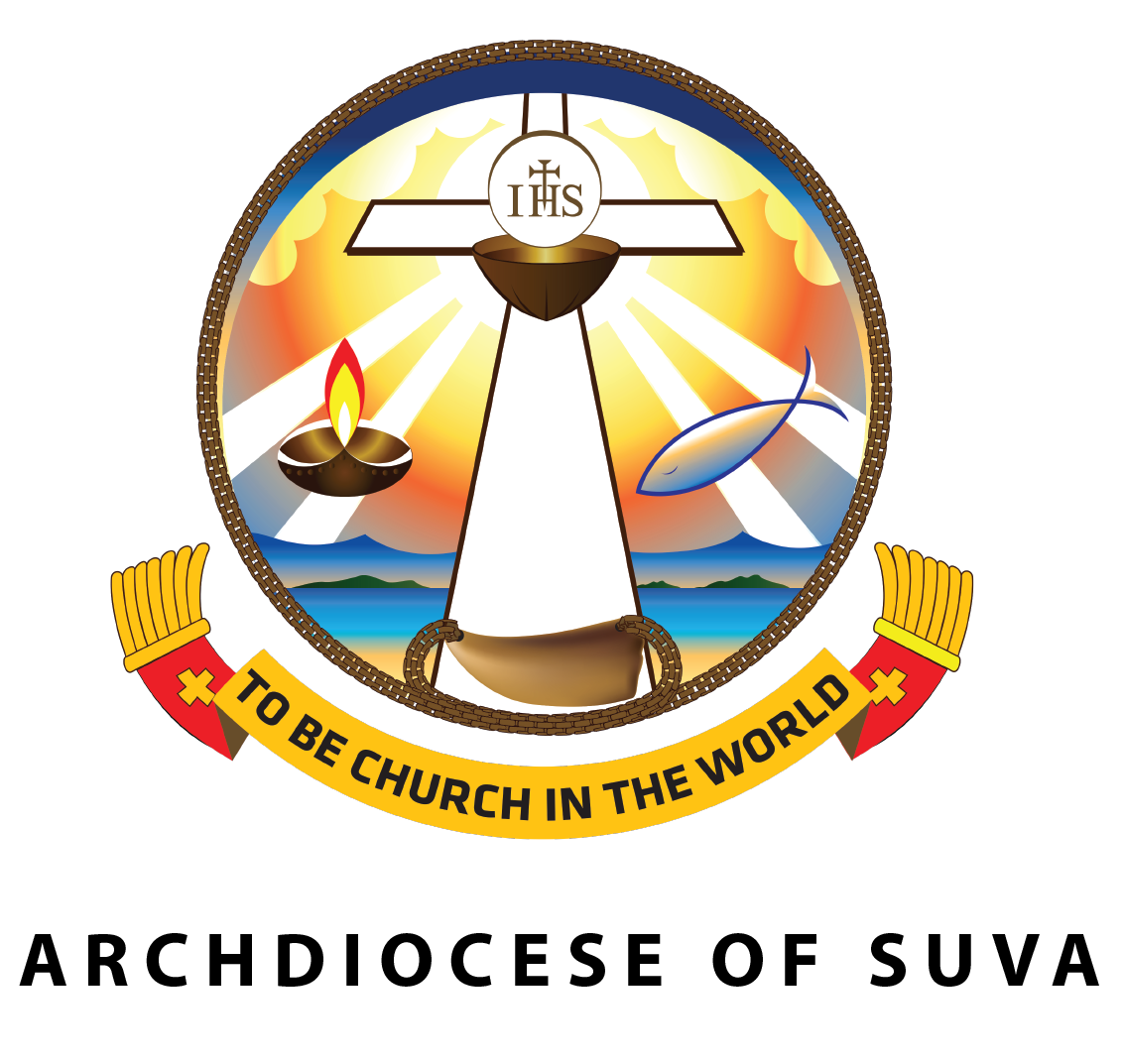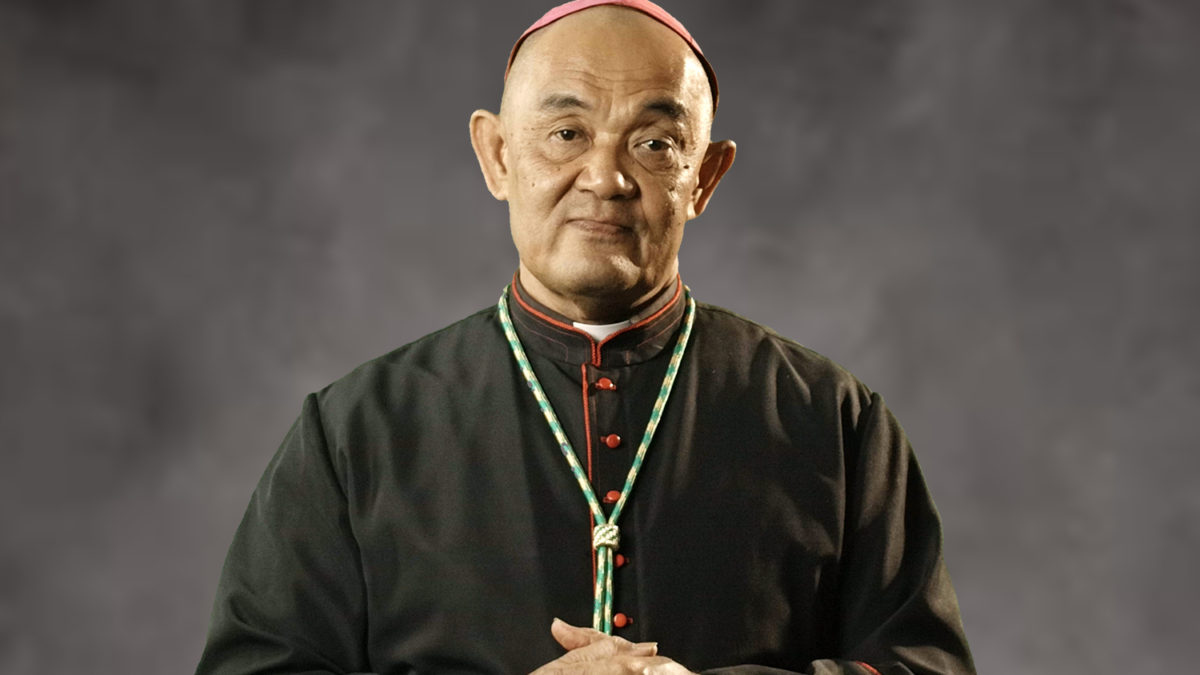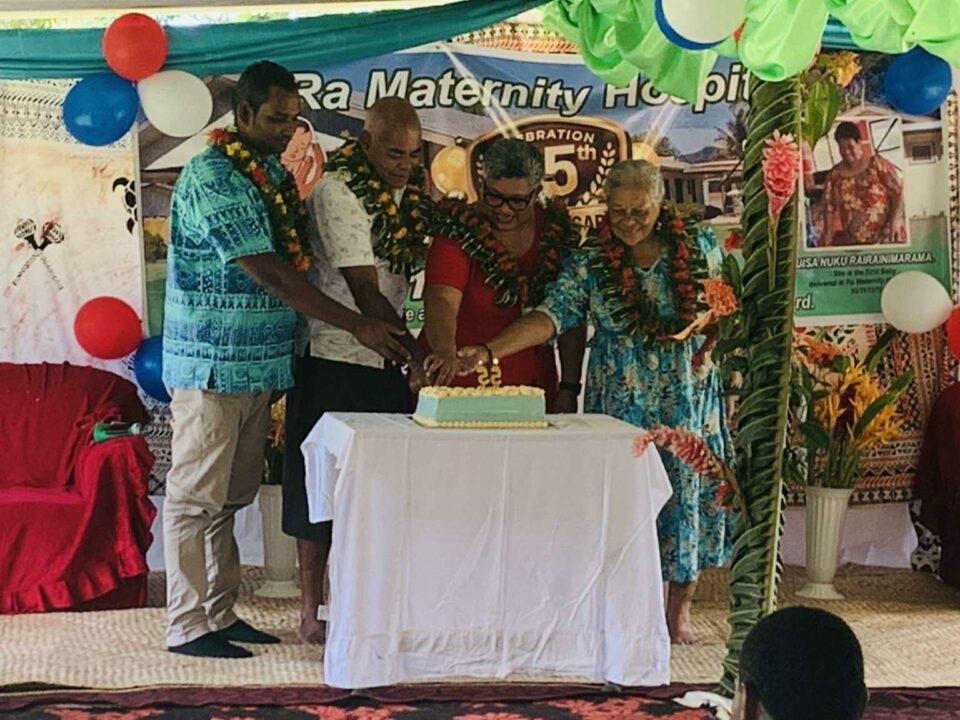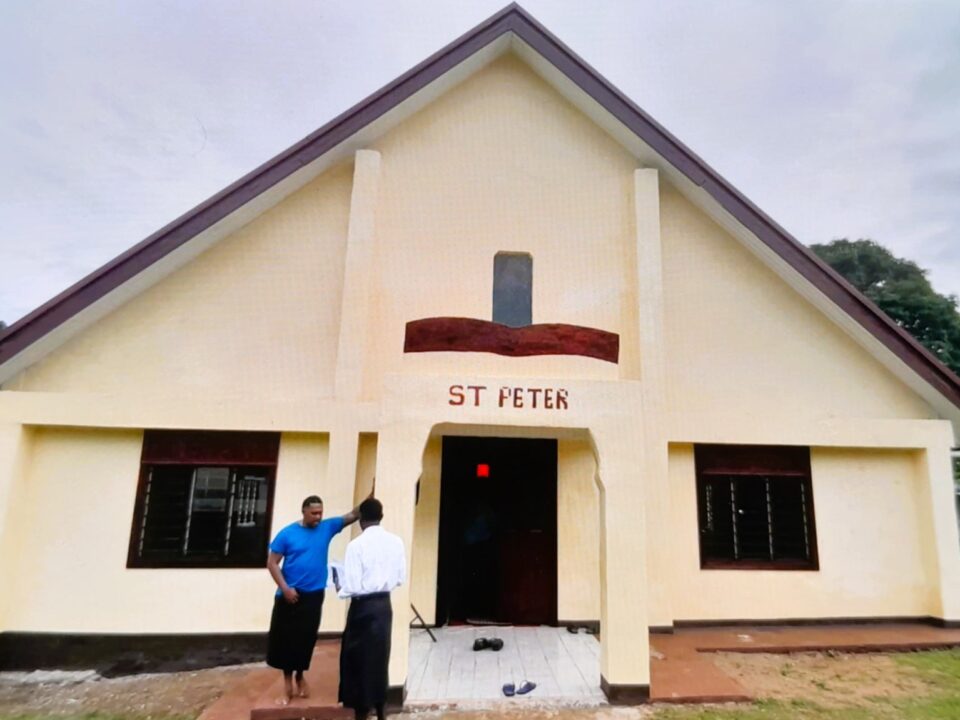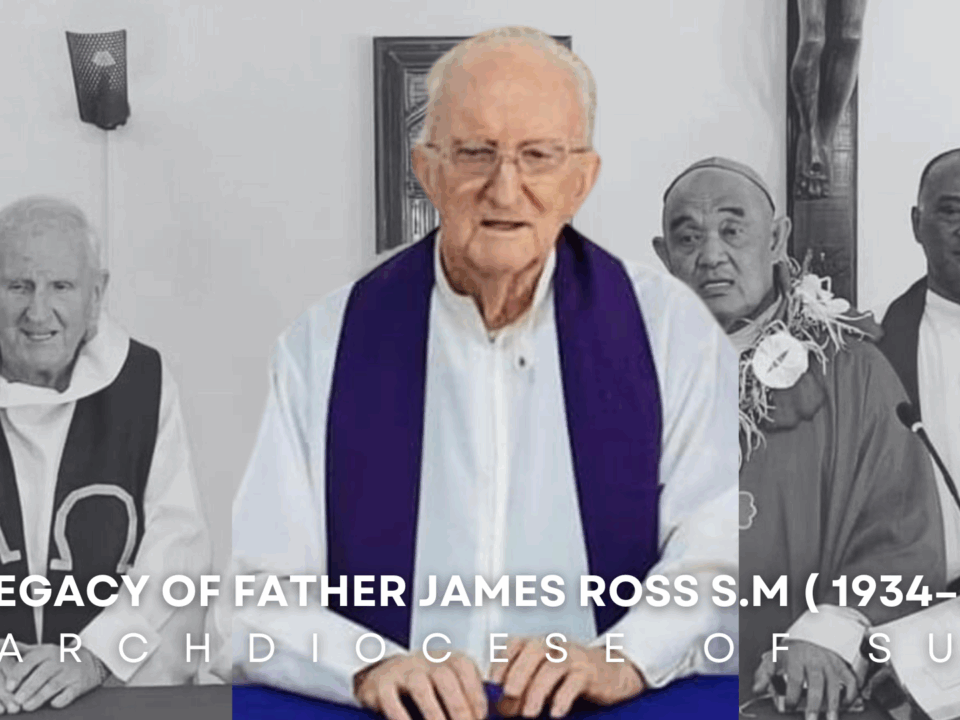New Year Message (2022) by Archbishop Peter Loy Chong
God, Covid19 & Poverty
Lessons to learn from 2021
2021 will go down as the year that covid19 impacted the world. 5.3 million deaths, 277.1 million confirmed cases (BBC 24/12/2021). In Fiji there were 697 deaths and 52,651 infections. (Reuters Covid19 Tracker)
A high death toll has been accompanied by severe economic setbacks, including surging unemployment, sharp declines in income and the collapse of businesses. As the pandemic spreads to less-developed countries, its effects on the global poor (and in particular on refugees and other displaced peoples) will likely be even greater.
In Fiji and other parts of the world, Covid19 introduced a new form of poverty through the down-turn of the tourism industry. Fiji’s economy relies heavily on the tourism industry. Tourism contributes nearly 40% to Fiji’s gross domestic product – about FJ$2bn (AU$1.4bn) – and directly or indirectly employs over 150,000 people in various industries.
Fiji increasing foreign debt will be exacerbate poverty. The Fiji Budget 2020-21 announced a total of USD640 million in new loans, a staggering $F1.4 billion, much of which will go towards debt re-financing ie. paying off old debts. This will raise Fiji’s total debt to $8.1billion which is a mammoth 83.4% of the nation’s GDP – up from $6.7 billion in July 2020 (65.6% of GDP). The Fiji First Government has trebled Fiji’s debt from $2.56b in 2006 to $8.1b in 2020.
Extractive industries are also introducing another face of poverty in Fiji. The culprits of this kind poverty include Extractive Industries that extract sand, rocks, gravel, mineral, coral as well as logging.
For decades, people along the coast, rivers and highlands depended on natural resources (land, river, ocean, forest) for sustenance. These communities tell a common story; extractive industries are damaging the environment and as well their nutritional and economic sustenance.
A woman of Votua Village in Ba recalls that for over 30 years she has made a living from catching and selling crabs. On a good week she can earn $300.00. But with the black sand mining there are no crabs to catch.
Another woman form Votua said: ‘Votua village was built from our marine resources. We do not get a lot of money from our land because they have been leased out.’
The Amex Resources Limited, Gold Rock Investment and other extractive industries are strangling the Fijian peoples’ economic sustenance as well as destroying the environment. Even before climate change takes its toll on our environment, these extractive industries are destroying our beautiful Fijian ecosystem.
God and Poverty
As a theologian, I pose the theological question; What is God saying to us on the issues around covid19, foreign debt, destruction on the environment and poverty? What lesson can we learn moving to 2022?
The Catholic Social Teaching on poverty is based on principle that each person is both sacred and social, created in God’s image, and destined to share in the goods of the earth as part of a community of justice and mercy.
The Hebrew word for the poor is the anawim, the little ones, whose wants and needs go unmet. In the Old Testament, this group consisted primarily of widows, orphans, and strangers (refugees, migrants, immigrants). They are poor and powerless. Their poverty was often the result of unjust oppression.
The Lord frequently warned the Israelites about their duty to the poor: “You shall not molest or oppress an alien, for you were once aliens yourselves in the land of Egypt. You shall not wrong any widow or orphan” (Exod 22:20-22).
Care for the poor became the test of Israel’s faithfulness. The word used to reflect the community’s duty to the poor is “justice.” Caring for the poor is at the heart of biblical justice and righteousness.
The Prophet Isaiah clearly explains this: “Learn to do good; seek justice, correct oppression; bring justice to the fatherless and please the widow’s cause.” (Isaiah 1:17)
The Prophet Micah similarly teaches: “He has told you, O man, what is good; and what does the Lord require of you but to do justice, and to love kindness, and to walk humbly with your God.” (Micah 6:8)
Jesus fulfills this tradition in his teaching and actions. Three of His greatest and most elaborate parables address justice and the poor: the Good Samaritan in Luke 10, the rich man and Lazarus in Luke 16, and the dramatic Last Judgment in Matthew 25. In this judgment scene, Jesus emphatically identifies himself with the poor and measures individuals and nations by our deeds of justice and mercy.
The Catholic Social Teachings teach that “Every perspective on economic life that is human, moral and Christian must be shaped by three questions: What does the economy do for people? What does it do to people? And how do people participate in it?”
I discuss below three Catholic Social Teachings principles related to the poor:
-
The Economy exists for the person, not the person for the economy.
I observe that extractive companies are serving their economic profit and ignore the development of peoples and the environment.
Our research show that extractive companies are damaging the ecosystem and thus contributing to bad economics. These are Gold Rock in Dawasamu, Amex in Votua, Free Soul in Malolo and Namosi Joint Venture. These companies are serving themselves while damaging the environment as well as creating poverty. They do not practice sustainable development. In fact, they contribute to the cries of the poor and Mother Earth.
Economic and environmental policies should be enforced. Companies practicing unjust economics should be stopped immediately before they cause further damage to people and the environment.
-
A fundamental moral measure of any economy is how the poor and the vulnerable are faring.
As discussed above, COVID-19 and unethical businesses have increased poverty in Fiji. The Ministry of Economy needs to regulate business and address the poverty problem.
-
Participation
People have a right and a duty to participate in society, seeking together the well-being of all, especially the poor and vulnerable. Everyone has the right not to be shut out from participating in those institutions necessary for human fulfilment, such as work, education, and political participation.
In the principle of participation may I suggest:
- That proper consultations are made with communities before a company is given a business permit.
- That the Minister of Economy brings together Fijian economists to plan Fiji’s economy (for example, an economic summit).
God writes in the crooked lines of human history. Year 2021 has been a challenging year but one also marked with hand of God. As we look forward to 2022, we can learn from what God is saying to us in 2021:
- to practice just economics,
- to care for the poor and the environment (mother earth).
The Fiji Council of Churches is forming a partnership with NGOs to empower vulnerable communities and speak against unjust economics.
“May the Lord bless you and keep you. May the Lord make his face to shine upon you, and be gracious to you. May the Lord lift up his countenance upon you, and give you peace.”
(A Judeo-Christian Blessing)
